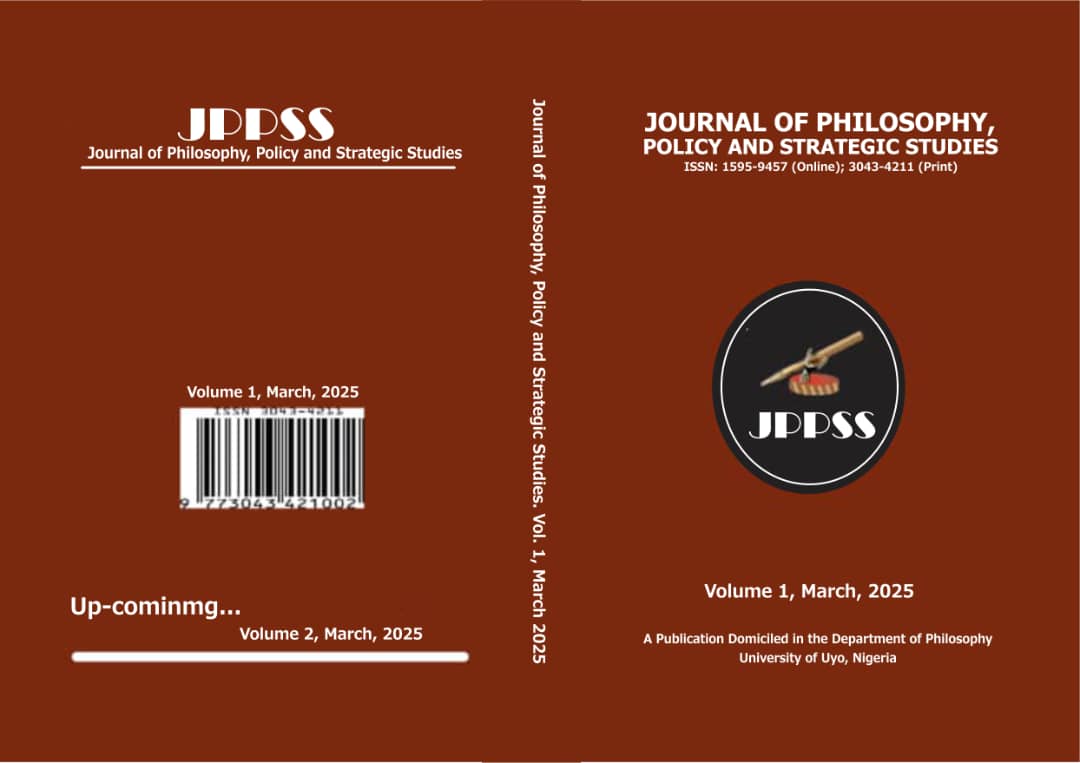FAMILY CONFLICT RESOLUTION STRATEGIES AND EMOTIONAL WELLBEING OF MARRIED FEMALE TEACHERS IN SECONDARY SCHOOLS IN UYO LOCAL GOVERNMENT AREA
By
Hanson Manuabuchi Ukaegbu
&
Uduak Okokon Ekpenyong
Department of Guidance and Counselling,
University of Uyo, Nigeria
Abstract
The study investigated the relationship between family conflict resolution strategies and emotional wellbeing of married female teachers in secondary schools in Uyo Local Government Area of Akwa Ibom State, Nigeria. Three research questions and three corresponding hypotheses guided the study. Correlational research design was adopted for the study. The population of the study consisted of 1,074 married female teachers in fourteen public junior secondary schools in Uyo Local Government Area of Akwa Ibom State. Multi-stage sampling technique was used to select a sample of 200 married female teachers used for the study. Two researcher-made instruments entitled “Family Conflict Resolution Strategies Questionnaire” (FCRSQ) and “Emotional Wellbeing Questionnaire for Married Female Teachers” (EWQMFT) were used for data collection. The instruments were face validated while the internal consistency reliability of the instruments were established and reliability coefficients of 0.73 and 0.70 were obtained for FCRSQ and EWQFMT respectively. Pearson Product Moment Correlation statistics was used to answer the research questions and also test the null hypotheses at 0.05 alpha level of significance. Results showed that there is significant positive relationship between spousal communication strategies, spousal negotiation strategies, support-seeking behaviours and emotional wellbeing of married female teachers in secondary schools in Uyo Local Government Area of Akwa Ibom State. Based on the findings of the study, three recommendations were made among which is that schools in Akwa Ibom State should offer regular training programmes for married female teachers that focus on improving communication and negotiation strategies with their spouses.


